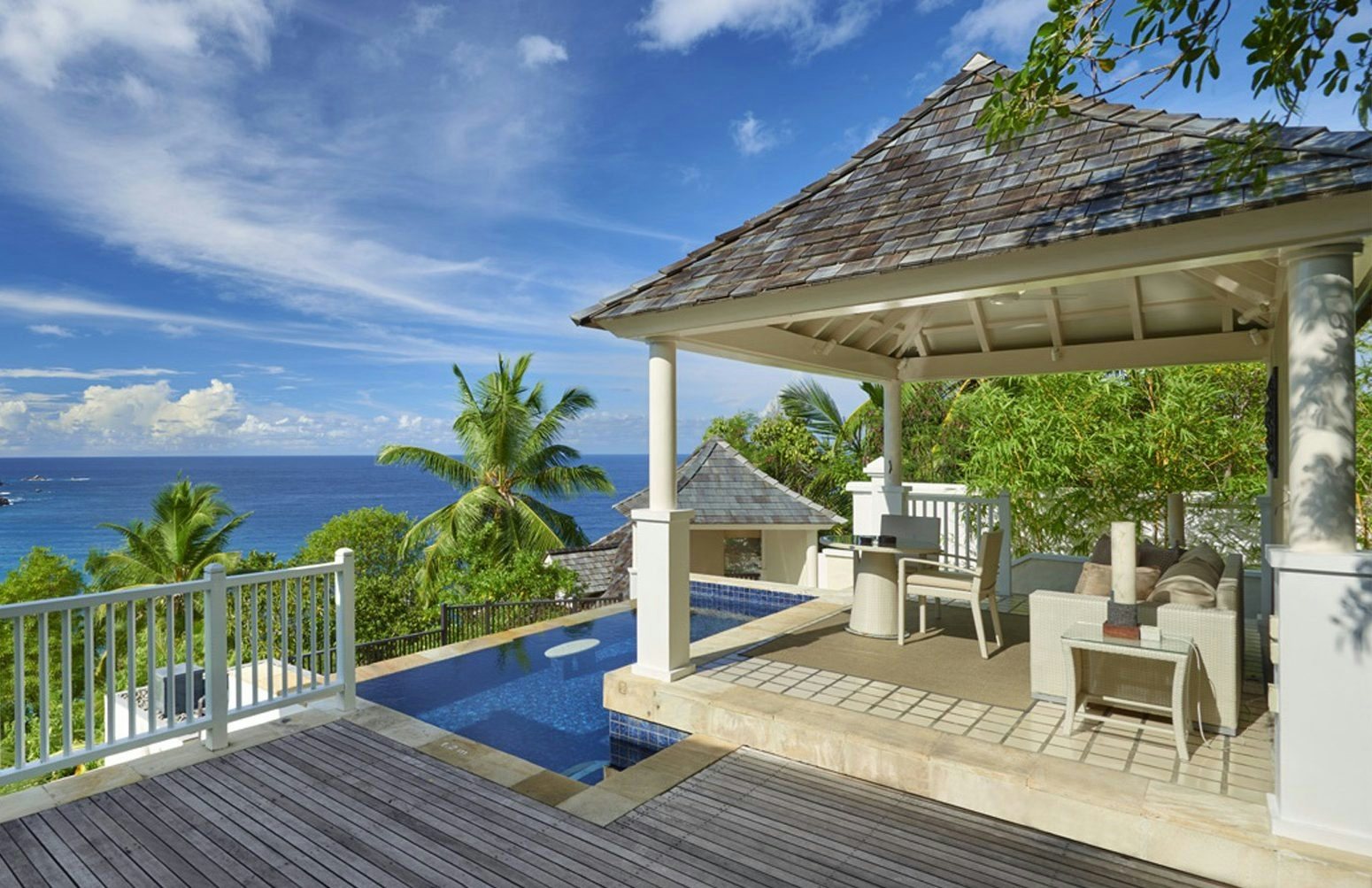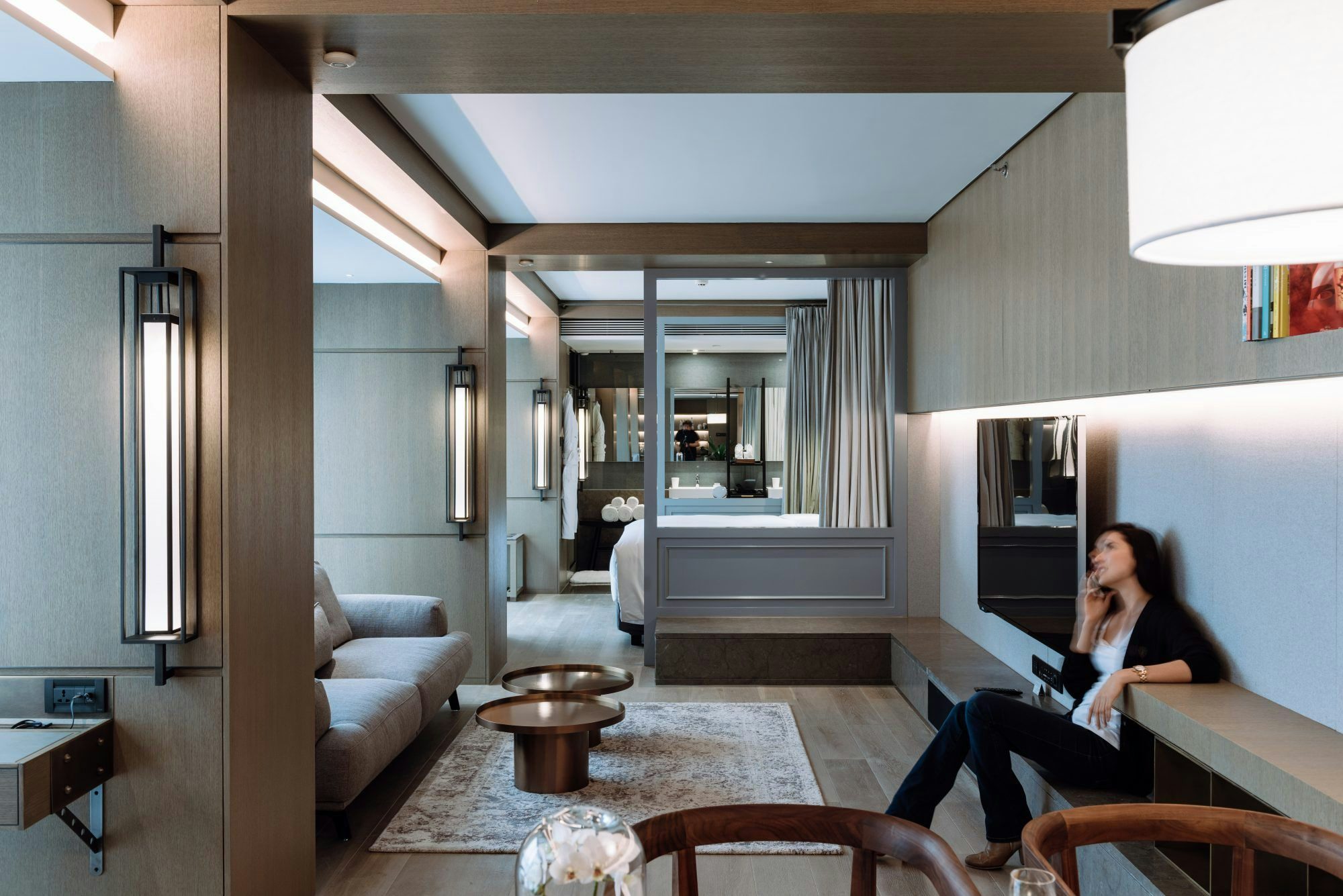Among the biggest trends among China’s luxury travelers is the growing popularity of boutique hotels, according to new research presented by the Hurun Report’s Rupert Hoogewerf at ILTM Asia in Shanghai. With 60 percent of High Net Worth Individuals (HNWIs) reporting that they spend over 3,000 RMB (US441) per night when they stay at hotels, the future looks bright for luxury hotels catering to China’s growing number of high-end travelers. While large luxury chain hotels remain dominant on the list of HNWIs’ preferred accommodation providers, the report finds that HNWIs now increasingly favor boutique hotels—a clear significant shift from the trend just a few years ago.
For wealthy Chinese travelers, The Ritz-Carlton was the most popular hotel group in 2016, followed by the Banyan Tree, the Four Seasons, Mandarin Oriental, Fairmont and the Peninsula. The luxury boutique hotel group Aman also broke into the top 10, and Chinese HNWIs’ favorite boutique hotel brand, Banyan Tree, keeps climbing on the list of hotel brands preferred among luxury travelers. Hilton, while not topping the overall list, still remains the preferred business hotel for survey respondents. Ritz-Carlton, which tops the list, also has the by far most popular membership scheme among overall luxury travelers and millennial luxury travelers alike at 33 percent and 31 percent membership rates respectively. In comparison to airline membership schemes, hotel membership rates remain low among China’s wealthy. Nevertheless, Ritz-Carlton’s jump in membership rates by 19 percent compared to the year prior indicates that there is substantial interest in membership schemes among luxury travelers given the right incentives.
According to the report, the cost-effectiveness of different hotel options remains a relatively unimportant factor when choosing a hotel among survey respondents, with only 15 percent quoting it as a factor that they consider. Instead, personalized service, views, cleanliness, and location are the most important factors influencing hotel choice. In fact, the average nightly hotel budget among high-end travelers has reached record heights, the average nightly spend has reached 3,800 RMB (US559)—and 32 percent of respondents spend over 5,000 RMB (US735) per night for their hotel accommodation.
While authentic and unique experiences are highly sought after by China’s luxury travelers, the same applies to a much lesser degree in terms of accommodation. Only 25 percent of HNWIs interviewed for the report had even considered Airbnb-style accommodation options, and instead preferred private boutique hotels and yachts when considering options other than brand hotels. In fact, only 30 percent of respondents said that they have the impression that Airbnb-style rentals allow them to better experience local life—arguably defeating the purpose of rentals for travelers that put little importance on cost-effectiveness.
Instead, boutique hotels seem well-positioned to benefit from Chinese HNWIs’ lust for authentic and unique travel experiences. With accommodation cost of little concern for these travelers, boutique hotels certainly have an exciting future ahead of them in China’s luxury travel market.

